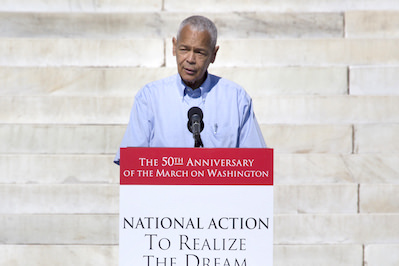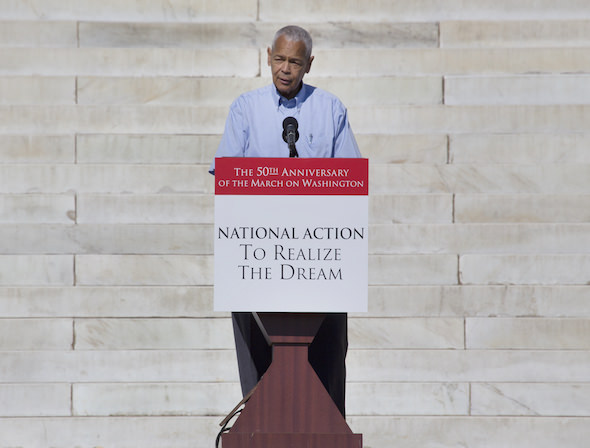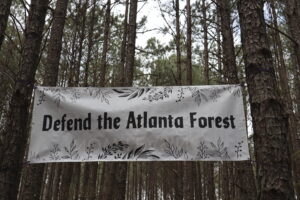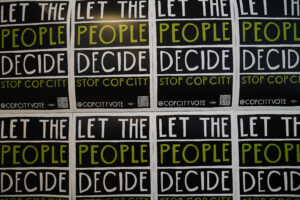Remembering Julian Bond: Civil Rights Luminary and Southern Poverty Law Center Co-Founder
He rose to national prominence as a vocal force in the civil rights movement, and over the long arc of his career, Julian Bond blended the personal and political in ways that created and transformed societal structures. Bond, 75, died Saturday in the Gulf Coast city of Fort Walton Beach, Fla.

Julian Bond speaks at the Lincoln Memorial in 2013 on the 50th anniversary of the march on Washington and Martin Luther King Jr.’s “I Have a Dream” speech. (Joseph Sohm / Shutterstock)
He rose to national prominence as a vocal force in the civil rights movement, and over the long arc of his career, Julian Bond blended the personal and political in ways that created and transformed societal structures. Bond, 75, died Saturday in the Gulf Coast city of Fort Walton Beach, Fla.
Bond kicked off his early career as an advocate for African-American rights by taking a leadership role in the Student Nonviolent Coordinating Committee while an undergraduate at Atlanta’s Morehouse College. His geographical and ideological coordinates positioned him well to lend his formidable talents to the cause to which he devoted his life.
The New York Times on Sunday touched on some of the many highlights from Bond’s biography:
He gradually moved from the militancy of the student group to the leadership of the establishmentarian N.A.A.C.P. Along the way, Mr. Bond was a writer, poet, television commentator, lecturer and college teacher, and persistent opponent of the stubborn remnants of white supremacy.
He also served for 20 years in the Georgia General Assembly, mostly in conspicuous isolation from white colleagues who saw him as an interloper and a rabble-rouser.
Mr. Bond’s wit, cool personality and youthful face — he was often called dashing, handsome and urbane — became familiar to millions of television viewers in the 1960s and 1970s. On the strength of his personality and quick intellect, he moved to the center of the civil rights action in Atlanta, the unofficial capital of the movement, at the height of the struggle for racial equality in the early 1960s.
Moving beyond demonstrations, Mr. Bond became a founder, with Morris Dees, of the Southern Poverty Law Center, a legal advocacy organization in Montgomery, Ala. Mr. Bond was its president from 1971 to 1979 and remained on its board for the rest of his life.
In July 2012, Bond was a featured commentator on Truthdig Radio. Click here to find out why he said, “Things are better than they used to be; they’re worse than they should be.”
–Posted by Kasia Anderson
Independent journalism is under threat and overshadowed by heavily funded mainstream media.
You can help level the playing field. Become a member.
Your tax-deductible contribution keeps us digging beneath the headlines to give you thought-provoking, investigative reporting and analysis that unearths what's really happening- without compromise.
Give today to support our courageous, independent journalists.









You need to be a supporter to comment.
There are currently no responses to this article.
Be the first to respond.